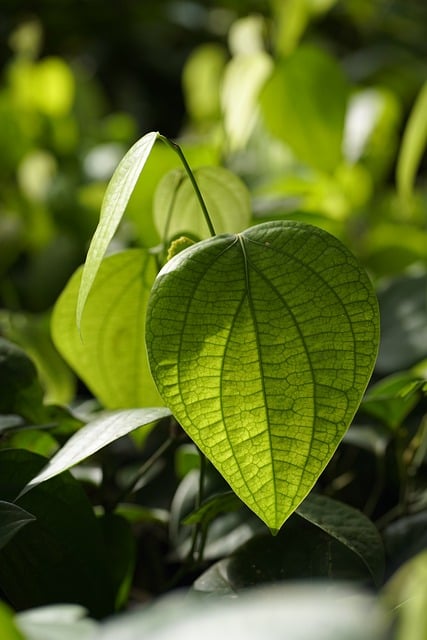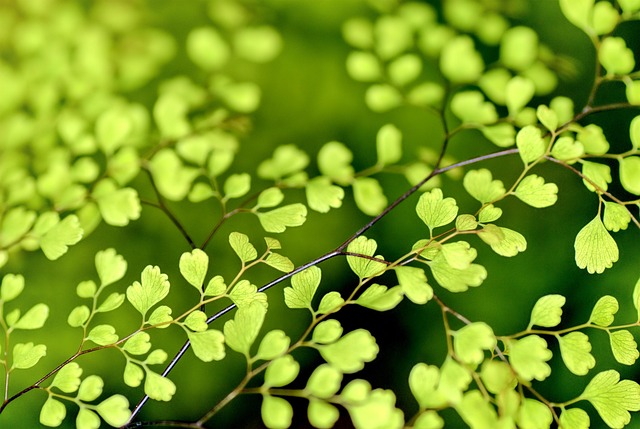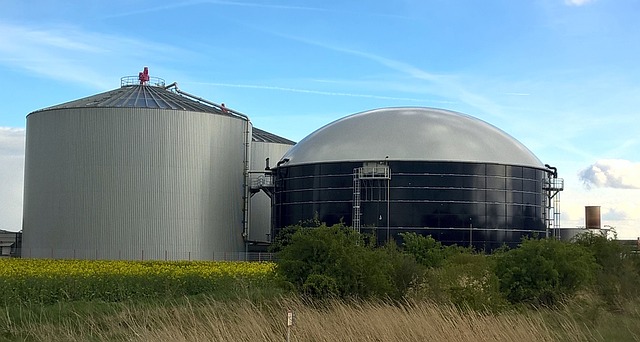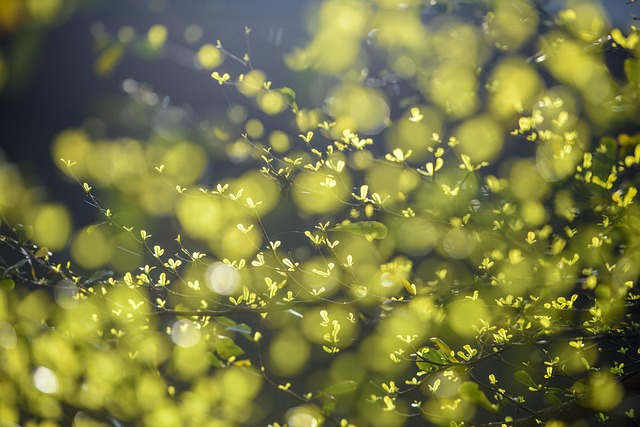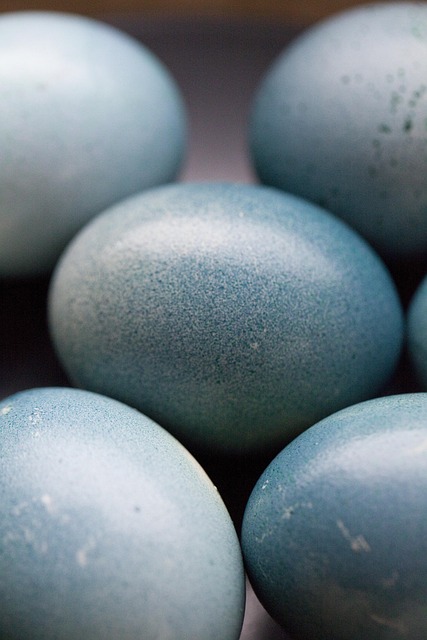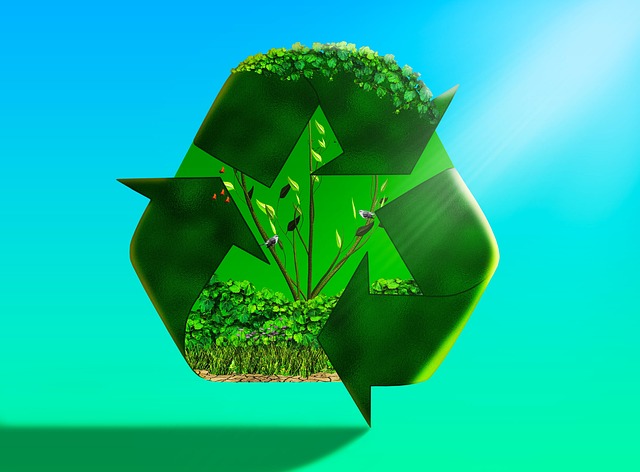Mulch is a valuable asset in landscaping that offers both aesthetic appeal and practical benefits, especially in real estate. It conserves water, reduces weed growth, and regulates soil temperature, thereby saving homeowners money on utility bills and fostering sustainable gardening practices. These advantages enhance property value by creating visually appealing landscapes that are environmentally friendly, making mulch a crucial element for developers and homeowners alike.
“Elevate your landscaping and boost your property’s value with the power of mulch and drip irrigation systems. This comprehensive guide explores the synergistic benefits of these sustainable practices. Mulch enhances garden aesthetics, conserves moisture, improves soil health, and retains nutrients, while drip irrigation offers efficient water delivery, reducing waste.
Discover how combining these strategies can lead to significant water conservation, environmental benefits, long-term cost savings, and enhanced real estate appeal in today’s market.”
Benefits of Mulch for Landscaping and Property Value
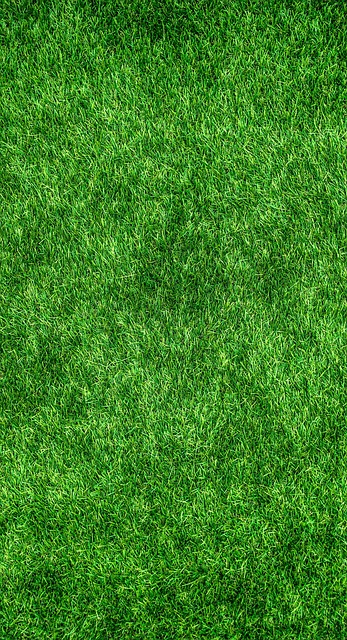
Mulch isn’t just a decorative addition to landscapes; it offers significant benefits that can enhance your property’s value, especially in real estate terms. One of its key advantages is water retention. By retaining moisture in the soil, mulch reduces the frequency of watering needed, which is not only environmentally beneficial but also saves homeowners time and money on their utility bills. This is particularly important in regions with water scarcity or during hotter seasons when evaporation rates are high.
Moreover, mulch acts as a protective layer that prevents weed growth. Weeds can not only spoil the aesthetic appeal of your landscaping but also compete with desired plants for nutrients and water. By suppressing weeds, mulch allows for healthier plant growth and reduces the need for chemical weed killers. This contributes to a cleaner, greener environment around your property, making it more attractive to potential buyers when it comes time to sell.
– The role of mulch in garden aesthetics

Mulch plays a significant role in enhancing the aesthetic appeal of gardens, especially in real estate settings. It adds texture and visual interest by creating distinct bed boundaries, highlighting plant groupings, and softening harsh lines. In addition to its decorative functions, mulch contributes to overall garden health by retaining soil moisture, suppressing weeds, and regulating soil temperature. This not only improves the curb appeal of properties but also supports the long-term sustainability of lush, vibrant landscapes.
In real estate, where first impressions matter, a well-mulched garden can instantly elevate the look and feel of outdoor spaces. It provides a polished, professional touch that attracts potential buyers and enhances overall property value. Furthermore, by conserving water and reducing weed growth, mulch contributes to efficient gardening practices—a growing concern among environmentally conscious homeowners and real estate developers alike.
– How mulch conserves moisture and reduces weeds
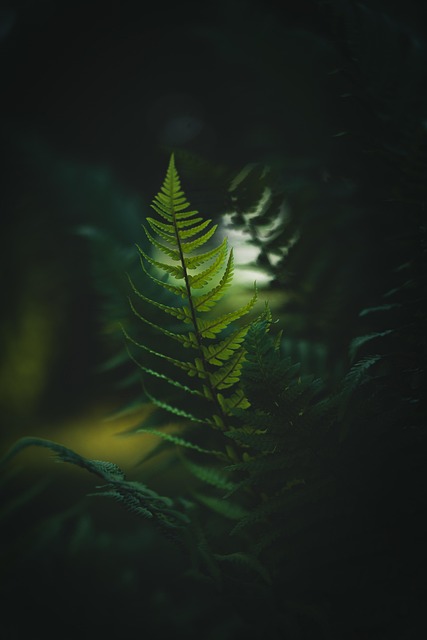
Mulch plays a pivotal role in any garden or landscaping project, especially in the realm of Real Estate where curb appeal and sustainable practices are increasingly valued. By applying a layer of mulch around plants, you create a protective barrier that significantly conserves moisture. This is particularly beneficial during hot summers when water evaporation is rapid. Mulch reduces the sun’s direct contact with the soil, minimizing the need for frequent watering, which is not only cost-effective but also environmentally friendly.
Moreover, one of the most noticeable advantages of mulch is its ability to suppress weed growth. Weeds are a common nuisance in gardens and can quickly deplete valuable nutrients from the soil. Organic mulch acts as a natural barrier, blocking sunlight essential for weed germination. By keeping the soil beneath covered, it discourages weeds from taking root, thereby reducing the need for chemical treatments that could potentially harm beneficial insects and nearby plants. This simple yet effective technique contributes to a healthier garden ecosystem.
